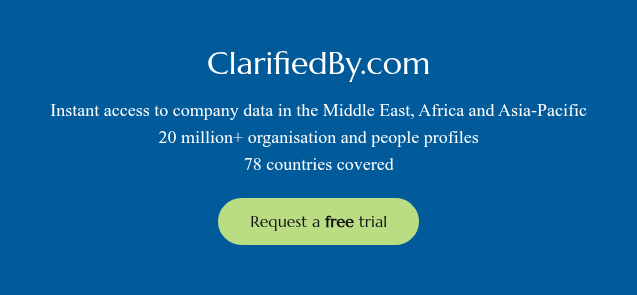Time to tighten the belt – 6AMLD and the ever-expanding waistband of money laundering offences
Read moreThe Qatar reconciliation and what it tells us about 2021
It is customary at this time of year for thinktanks, political commentators and risk consultancies to deliver their forecasts for the year ahead – partly to fill what can be a quiet time for the news cycle. Not so this year with the Covid-19 pandemic, Brexit and post-US election wrangling still dominating the headlines throughout the holiday season. In the Middle East region, the first full week of 2021 has delivered a long-awaited reconciliation between Qatar and Saudi Arabia1, which culminated in the lifting of a regional travel and trade embargo as well as a visit by emir Sheikh Tamim to Riyadh last week.
Whilst the normalisation of relations between Qatar and its GCC neighbours is to be welcomed – not least by those regular travellers within the Gulf who for the last three years or more have had to travel to and from Doha via Muscat, adding hours to their journey – the political rapprochement gives us some indications of what we can expect from the region throughout the rest of 2021:
A new US president is coming – the incoming US administration will continue to prompt some realignment of regional relationships from Gulf states anxious to stay on good terms with the United States (as well as China). Saudi Crown Prince Mohamed bin Salman reportedly described the Qatar deal as a “gift” to President-elect Biden. There has also been speculation about the US stance towards Iran and whether the JCPOA can be resuscitated; while we shouldn’t expect a dramatic reversal of policy, nor of Iran’s behaviour, it is reasonable to expect that the Biden team (many of whom were involved in the formation of the JCPOA) will look to get relations back on track, and this is looking more likely since the Democrats recently regained control of the Senate. What this means for Israel, Palestine and the much-vaunted plan to open a US embassy in Jerusalem is less clear.
Entrenched rivalries – even in the midst of bonhomie with Qatar certain regional rivalries are becoming if anything more defined. Striking a defiant tone, Qatar’s foreign minister talked the day after Sheikh Tamim’s visit of how few concessions will be made to the Gulf bloc’s previous demands to cut ties with Iran and to muzzle its media mouthpiece Al Jazeera. Abu Dhabi was reportedly reluctant to support the reconciliation deal given Qatar's close relations with Turkey. Throughout 2020 we have seen a gradual hardening of rhetoric and proxy conflict between the UAE and Turkey2 as played out in the ideological and economic battlegrounds of Libya, Syria and the eastern Mediterranean. This will only continue and it will be left to international powers such as the US, France and Russia to try and referee.
Pragmatism rules – politics aside, Gulf states are struggling to respond to the secondary effects of the global pandemic. While many countries in the region have managed the immediate health crisis quite well, oil prices have been battered while tourist income has fallen sharply due to travel restrictions. Any increase in trade within the region and specifically with Qatar would be welcome, as would the prospect of the QIA investing in Saudi Arabia’s ambitious infrastructure programme, for example. Moreover, the region is due to host two major global events in the coming 24 months: the delayed World Expo in Dubai and the FIFA World Cup 2022 in Qatar. The political calculus must surely dictate that some semblance of regional harmony will help to maximise the benefits for all.
At Diligencia our business in 2021 will be growing and evolving in line with these trends, as it must and always does. We are planning to start our coverage of Turkey later this year, and we plan to reinvigorate our successful Iran practice in anticipation of what we hope will be an increase of investment activity there. Our interest, and that of our clients, continues to broaden into those sectors where traditionally oil-centric economies are looking to diversify such as renewables, healthcare3 and digital technologies. And with the eyes of the world on the region in the coming year, our enduring aim is to present facts with clarity that enable our clients to make sound commercial decisions.
Thank you for your continued support and with very best wishes for 2021.

